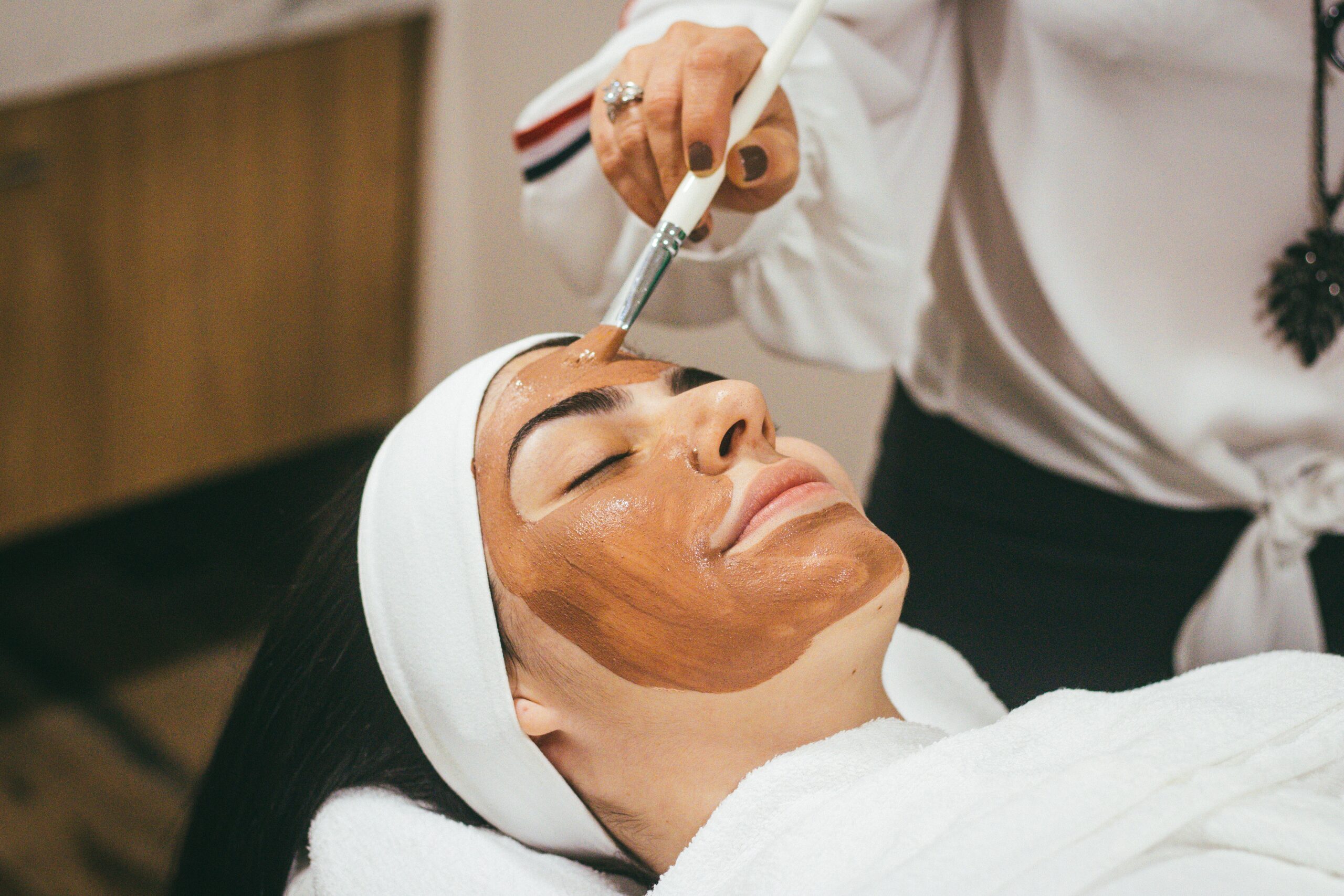Transformations, it’s important to note that its effects on the skin are sometimes underestimated. The hormonal shifts experienced during menopause can give rise to various skin concerns, including dryness, reduced thickness, and heightened sensitivity. To assist women navigating this transitional phase, we have assembled a selection of effective skincare strategies for those experiencing menopause.
Hydration is Key
Dry skin ranks among the most prevalent skin issues during menopause. Estrogen, a hormone that experiences a notable decline during this stage, plays a vital role in preserving skin moisture. To effectively combat dryness, including a moisturising lotion in your skincare routine is essential. Look for products that contain hyaluronic acid, glycerin, or ceramides, as these ingredients are beneficial for retaining moisture and strengthening the skin’s protective barrier.
Gentle Cleansing
Menopausal skin can become more sensitive, so switching to a gentle, non-stripping cleanser is important. Steer clear of harsh soaps or foaming cleansers, which can exacerbate skin dryness. Instead, opt for a gentle, hydrating cleanser that efficiently eliminates impurities while preserving the skin’s natural oils.
Sun Protection
Menopause represents a natural stage in a woman’s journey, signifying the conclusion of her reproductive years. Alongside many physical and emotional
Shielding your skin from the harmful effects of UV rays remains essential throughout your life, but it gains heightened importance during the menopausal phase. The hormonal fluctuations during this period can render your skin more vulnerable to the sun’s damaging impact. Therefore, it is advisable to incorporate daily application of broad-spectrum sunscreen with a minimum SPF of 30, even on overcast days. Consider incorporating a wide-brimmed hat and sunglasses into your everyday attire for protection.
Retinol for Regeneration
As estrogen levels decline, the skin’s ability to produce collagen diminishes, potentially resulting in the appearance of fine lines and wrinkles. Retinol, a derivative of vitamin A, has the potential to stimulate collagen production and improve skin texture. Start with a lower concentration and gradually increase usage to prevent irritation.
Antioxidant-rich Products
Antioxidants like vitamins C and E can help protect your skin from free radical damage caused by environmental factors and UV radiation. These antioxidants can also help brighten the complexion and improve overall skin tone. Look for serums or moisturisers containing these ingredients.
Hormone Replacement Therapy (HRT)
Women may encounter significant skin problems in certain instances due to the hormonal shifts accompanying menopause. Hormone Replacement Therapy (HRT) is a potential avenue to explore, as it can stabilise hormone levels, potentially resulting in enhanced skin well-being. It is advisable to seek guidance from a healthcare professional to deliberate on HRT’s potential advantages and drawbacks.
Professional Treatments
Consider consulting a dermatologist if you’re seeking skincare treatments tailored to your specific needs. They can provide various options, including chemical peels, microdermabrasion, or laser therapy, which can effectively address various skin concerns such as age spots, uneven texture, and fine lines.
Diet and Hydration
Remember that healthy skin starts from within. Preserving skin health involves adhering to a well-rounded diet rich in fruits, vegetables, and Omega-3 fatty acids. Moreover, maintaining adequate hydration is essential for retaining optimal moisture levels in the skin.
Stress Management
Stress can potentially worsen skin problems and activate conditions like rosacea or eczema. To maintain clear and calm skin, consider incorporating stress-reduction techniques like yoga, meditation, or deep breathing exercises.
Consult a Skincare Specialist
Each woman’s skin is distinct; what benefits one may not benefit another. It’s advisable to seek advice from a skincare specialist or dermatologist who can evaluate your skin issues and offer customised suggestions.
Conclusion
Menopause represents a natural life stage, and the accompanying skin changes can be effectively managed through appropriate skincare routines and lifestyle decisions. Emphasising hydration, sun protection, and applying specialised skincare products can assist women navigating menopause in preserving their skin’s health and radiance. Consistency is key and consult with a healthcare provider or skincare professional for personalised guidance on managing your skin during this transitional period. With the right approach, you can confidently embrace the beauty of ageing.




